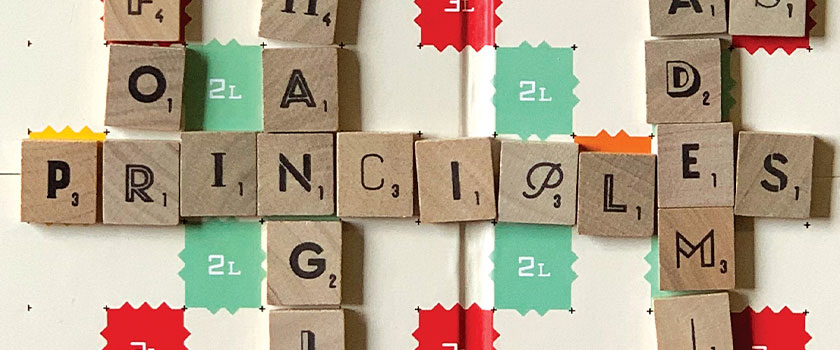I spend a lot of my time thinking about the future in terms of engineering grand challenges, engineering education, and the impact that engineering can have on the world. I recently came across a 25+ year old quote about technological change that caught my attention.
“In the year 1500, after the printing press was invented, you did not have old Europe plus the printing press. You had a different Europe. After television, America was not America plus television. Television gave a new coloration to every political campaign, to every home, to every school, to every church, to every industry, and so on.
That is why we must be cautious about technological innovation. The consequences of technological change are always vast, often unpredictable and largely irreversible.”
Neil Postman, lecture at the Arts Center in Denver Colorado in 1997 entitled “Five Things We Need to Know About Technological Change“
Technological change being ecological is one of five ideas that Neil Postman outlined in his lecture. All five ideas are:
- We always pay a price for technology.
- There are always winners and losers.
- The technology has a philosophy (epistemological, political or social prejudice). Sometimes this bias is to our advantage, and sometimes not.
- Technological change is not additive; it is ecological.
- Technology tends to control more of our lives than is good for us.
The entire lecture is interesting and relevant to the various forms of technological change we have experienced since he delivered the lecture in 1997. His lecture highlights the tremendous scope of impact that enablers of technological change have on our way of living.
Technological change is often at the hands of engineers. Recognizing this motivates engineering education to empower engineering students to be able to understand and influence the ecological changes that result from technological change for the better. This lecture will guide my thinking in this area in the future.
What do you think? Are these five ideas regarding technological change still true? How would you modify or add to the list?



